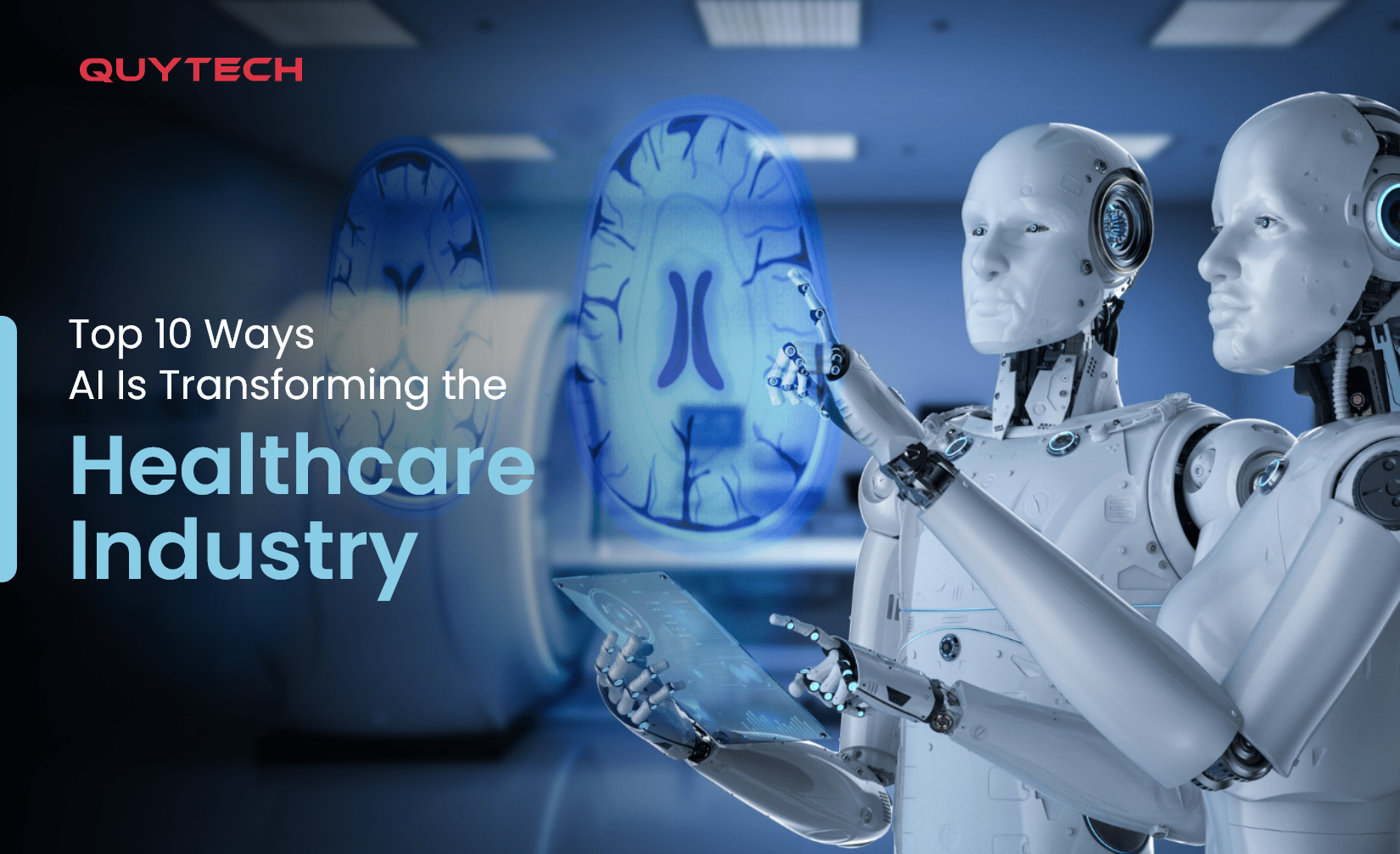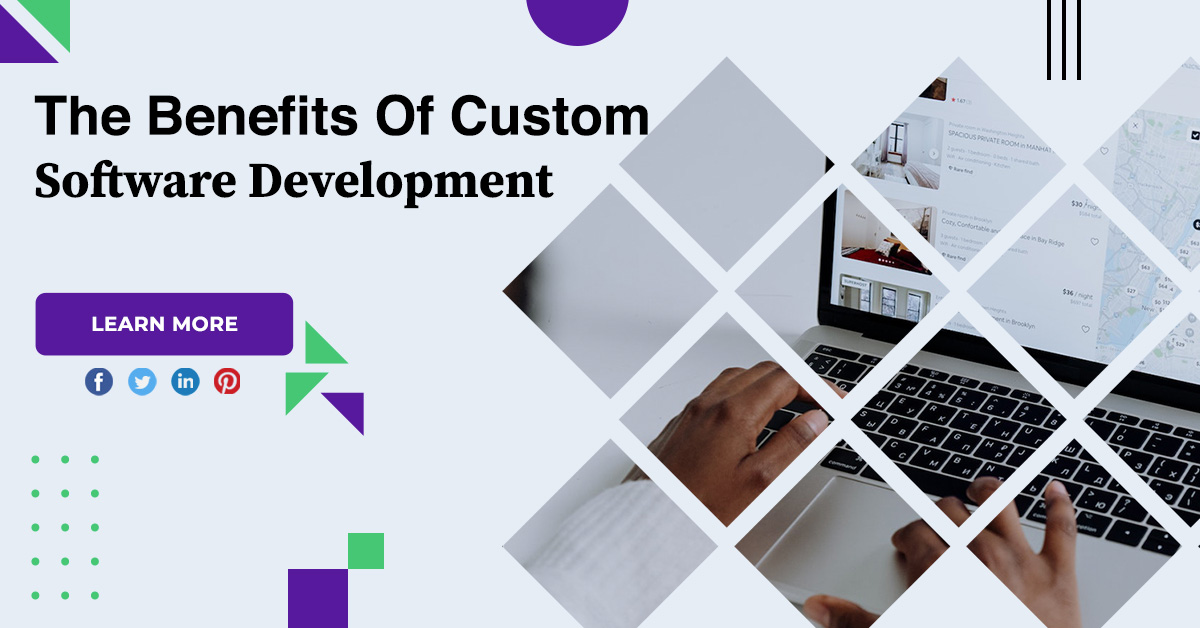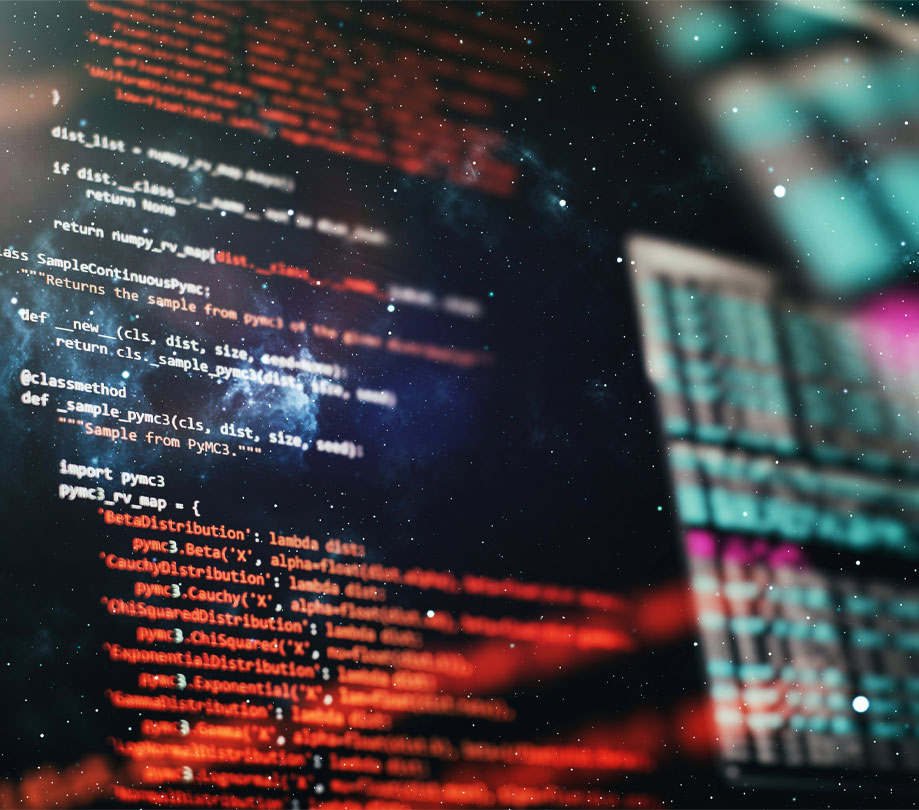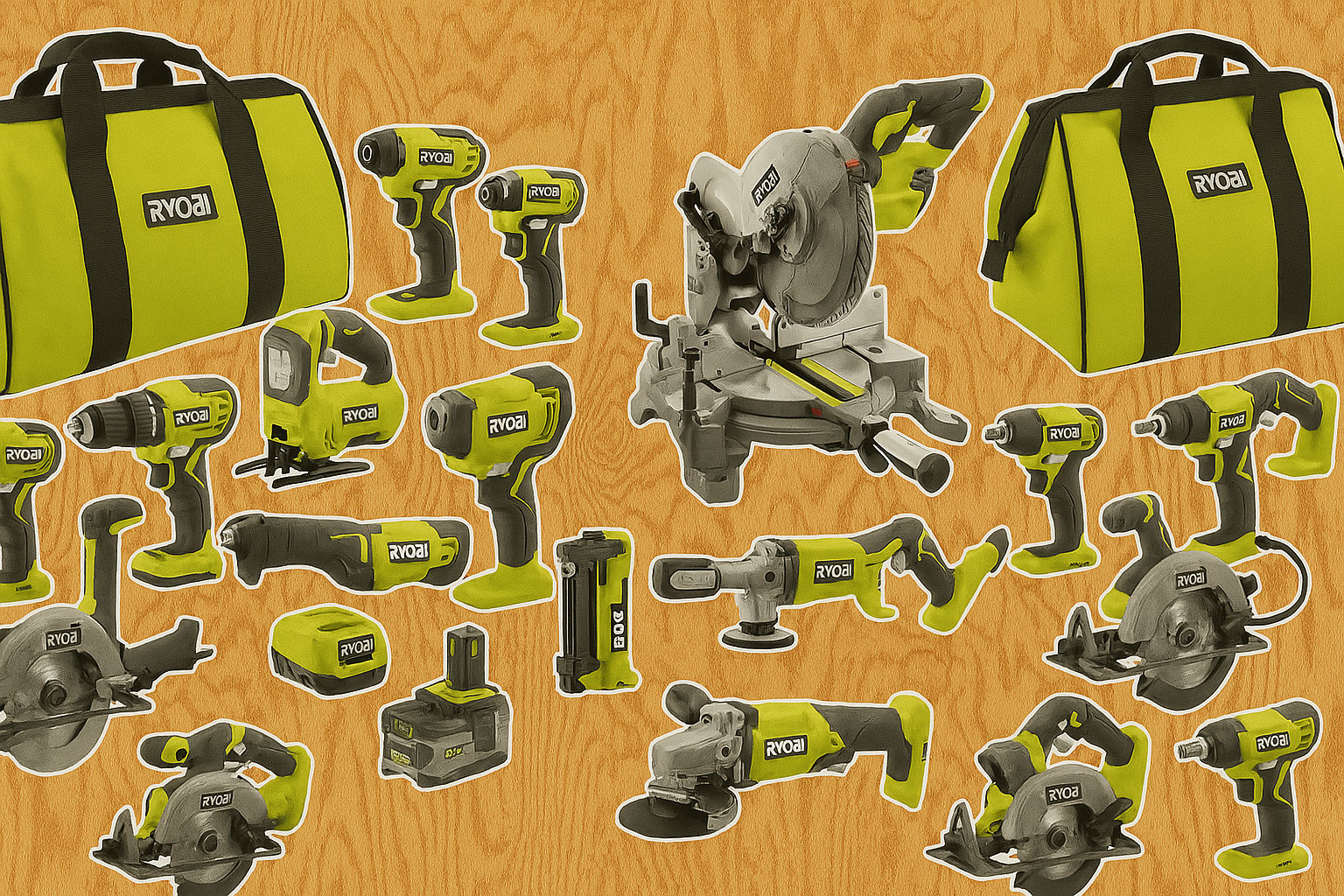Artificial intelligence has the potential and prowess to completely transform how the healthcare industry operates. AI algorithms can manage vast amounts of medical records, design personalized treatment plans, and help in drug development faster than any medical professional or healthcare company, saving both cost and time.
Many startups are working and heavily investing in the integration of AI with healthcare practices and tasks.
One such company that is deploying AI in the healthcare sector is Atomwise. They are using powerful AI to predict which medicines will work and which won’t by analyzing a large database of molecular structures in advance.
The second one is Med-Palm, although not available for public use, Google is testing Med-PaLM, a large language model specifically developed for medical use. Its 2nd version is said to be very effective and significantly outperforming its first version, and it’s only going to get better.
These are merely two of the significant examples of how hundreds of companies across the world are deploying AI to transform various healthcare-related tasks. The number of startups working in this field is only going to increase from here onwards.
In this blog, we will discuss in brief about top 10 ways AI is transforming the healthcare industry. Let’s start
01- AI-assisted Diagnosis and Interpretation
AI is transforming the healthcare sector by enhancing diagnostic speed and accuracy. It helps healthcare providers diagnose and treat ailments with precision by offering evidence-based recommendations and processing vast amounts of data effectively.
Generative AI with the help of its natural language processing (NLP) capabilities enables radiologists to interpret and analyze with precision, X-rays, and MRIs to identify patterns and anomalies that the human eye might miss. According to Jan Makela, President, and CEO of imaging at GE Healthcare AI can help accelerate image processing by 30%, improving quality and resolution.
Al helps reduce the cases of misdiagnosis which is the the reason behind 251,000 deaths every year in the U.S. making it the 3rd leading cause of death. Classic diagnostic methods lack precision since they require a medical professional to analyze a vast amount of data but AI helps analysis and diagnosis error-free. In a simulated study, AI proved more precise in diagnosing breast cancer than 11 experienced pathologists.
AI is capable of analyzing large pathology slides and identifying different variations with more precision thus reducing the risk of human error due to personal biases and variations in diagnostic skills. Generative AI models are also improving disease detection, imaging accuracy, real-time diagnostic capabilities, and personalized patient care.
02- Predictive and Personalized Care
AI is transforming the healthcare sector by providing predictive, personalized, and precise care. It is capable of predicting risk factors by analyzing a patient’s medical history, genetic makeup, lifestyle, and environmental factors to create customized and effective treatment plans.
Predictive analysis powered by Gen AI helps doctors and health professionals with early disease detection and proactive health monitoring, thereby, enabling timely medical attention and care.
AI improves the overall health of society by identifying high-risk populations and helping in targeted health initiatives. It also helps in precise genomic analysis by identifying genetic markers susceptible to disease, thus enabling personalized risk assessment. Thus with the help of AI healthcare personnel can offer personalized therapies and recommendations on lifestyle changes to improve patients’ interaction engagement and overall experiences in the broader healthcare setting.
03- Real-time Remote Patient Monitoring and Telemedicine
AI-powered smartwatches and other wearables, such as FitBits, are transforming personal healthcare by continuously monitoring key life indicators such as heart rate, O2 level, etc., and sending a real-time alert to the concerned people upon detecting any anomalies. This real-time monitoring and proactive approach helps patients reduce unnecessary hospital visits and early detection of ailments.
Gen AI has made remote patient monitoring and telemedicine more accessible and efficient. AI-powered virtual health monitoring devices integrate advanced sensors and data analytics to monitor patient metrics, vital signs, and medical data sets remotely.
These AI-powered health monitoring devices help in timely intervention, remote medical consultations, and customized care plans, improving clinical outcomes and patient engagement.
Powered by Gen AI, Telehealth consultation platforms through advanced communication technologies and secure data transmission channels enable remote medical assessment.
This helps in providing personalized care and medical advice to the patient, especially to those who are living in remote areas while keeping the patient information safe with strong data security protocols ensuring regulatory compliance as well.
04- Managing Medical Data
Healthcare is seen as one of the most challenging sectors to cater to when it comes to big data. Health records and notes in electronic medical records are very unstructured and complex, thus, posing serious challenges during their interpretation and processing.
In addition to this amidst trillions of data points relevant and valuable medical data can get lost affecting preventive medicine, diagnostics, and treatment for patients.
AI-powered medical data management, data processing, and analytics can help save lives and $ billions every year.
The Pharma industry is using AI in the electronic health record system to analyze the raw medical data and also to remove the barriers of specific storage systems built with different protocols.
In addition to optimizing data discovery, extraction, and treatment, the integration of AI in medical records offers user-friendly benefits.
AI-powered virtual medical assistants as well as speech-to-text input will help doctors and other healthcare practitioners to ease the process of data retrieval and at the same time, reduce the instances of clinical burnout experienced while filling the data into the electronic healthcare records.
05- AI-Powered Robotic Surgery
AI-powered robots are now performing surgeries. These robots assist medical surgeons in everything from microsurgeries on tiny blood vessels to complex surgeries like brain or heart surgeries.
Applying for robotics assistance in critical surgeries helps in reducing surgeon variations due to varying skill and experience levels that can hurt the patient’s cure and recovery from the ailment. It also allows doctors to perform surgery with more precision and control than a human.
Surgeries or operations involving human doctors with their expertise and robots with cameras, adept mechanical arms, and precise instruments have the potential to transform the way surgeries are performed. One thing to note is that robots don’t operate independently but are operated and monitored by a surgeon via a computer console ensuring double safety. So, the bottom line is that Robotic surgery is more precise, less painful, and leads to quick patient recovery.
06- Automating Tasks And Reducing Administrative Burden
One of the key benefits of AI is the potential to transform clinical workflows.
Salveen Richter, lead analyst for the U.S. biotechnology sector at Goldman Sachs, states that ChatGPT aids administrative tasks from drafting insurance approvals to scheduling appointments, aiding healthcare professionals as well by providing a gist of scientific literature. It also improves patient engagement and education by answering a patient’s query in a conversational tone and manner.
AI reduces the administrative burden on clinicians and staff by automating and augmenting routine tasks and frees time to focus on more important work that impacts patient outcomes.
07- Accelerating Research & Drug Development
Traditional methods of developing drugs and getting them approved take more than eight years and cost about $2 billion. However, AI can speed drug development and trial processes by analyzing vast amounts of data within a short span.
Gen AI and ML are playing a key role in producing safer and more effective drugs while reducing drug development costs. According to the CB Insights analyst Anjalika Komatireddy, Generative AI is now being deployed for the prediction of the characteristics of novel proteins, drugs, and their interaction, which in turn helps startups optimize new candidates for drugs.
08- Proactive Medical Care
AI is transforming the modern healthcare system’s approach from reactive to predictive medicine and proactive healthcare. Unlike traditional healthcare systems where a patient visits their doctors after contacting symptoms and doctors prescribe a treatment after diagnosis; AI-powered healthcare systems can study a patient’s medical history and highlight the high-risk markers that can in the future become a health concern.
There are a lot of AI-powered apps that encourage patients to proactively improve their health by prescribing certain actions and good-to-do habits and not waiting until they have to visit a doctor.
09- AI Revolutionizing Radiology
AI is now being used for cancer screening. AI-powered systems are now being deployed in computer-assisted cancer detection. These devices can classify brain tumors in as low as 3 minutes.
These AI-powered medical devices are powerful enough to detect hidden fractures, recognize breast cancer, and detect neurological abnormalities. In addition to this AI can reduce the workload of radiologists by performing routine tasks that need human interpretation.
Connect us to get a customized AI-powered application for your Health enterprise.
Get a Consultation
Get in Touch
Conclusion:
AI is transforming the healthcare sector in multiple ways from diagnostics to personalized care and drug development. With the help of AI, the healthcare sector is witnessing improved efficiency, precision, and patient outcomes. With the advancement in AI-driven virtual monitoring, telemedicine, data management, and robotic surgery, the future of healthcare looks very bright.
This advancement in Med-AI will not only improve the quality of care but also reduce the cost of operation and administrative burden in the healthcare sector. As this tech evolves, its potential to bring transformation in various fronts of the healthcare industry is exponential and fiction-like.
CTA:




















Discussion about this post